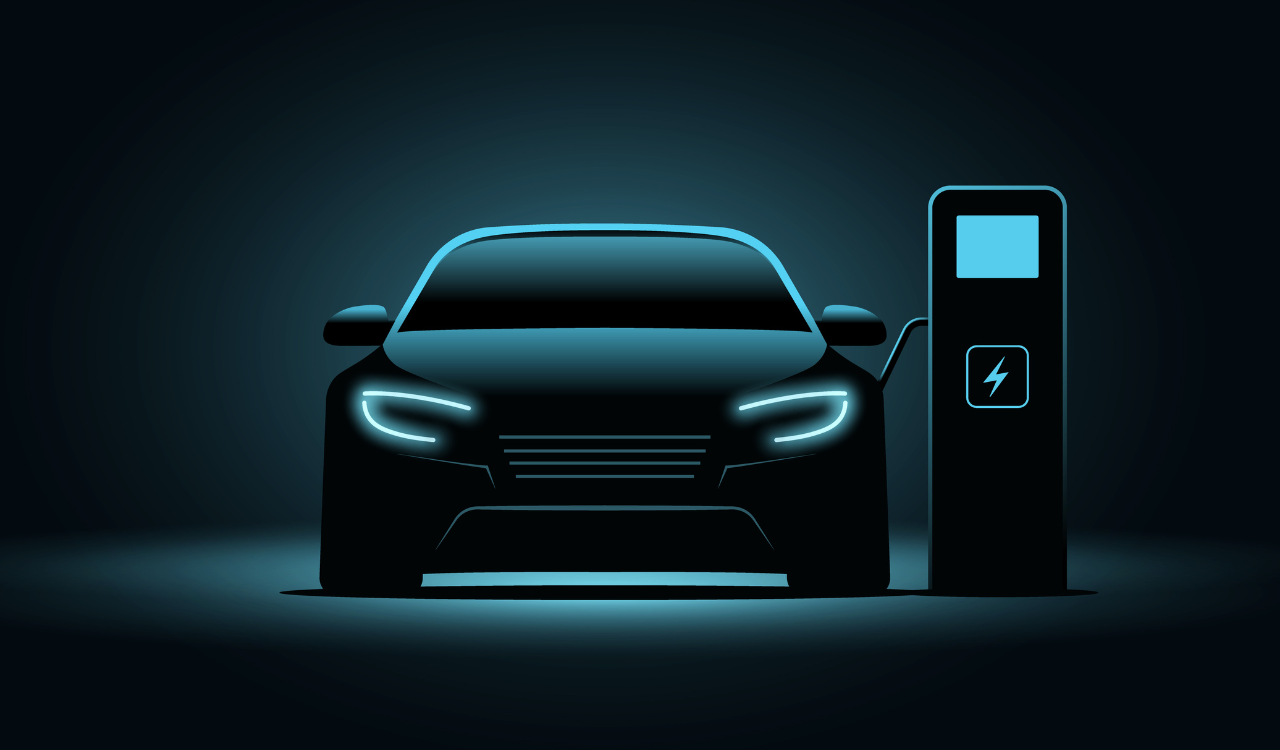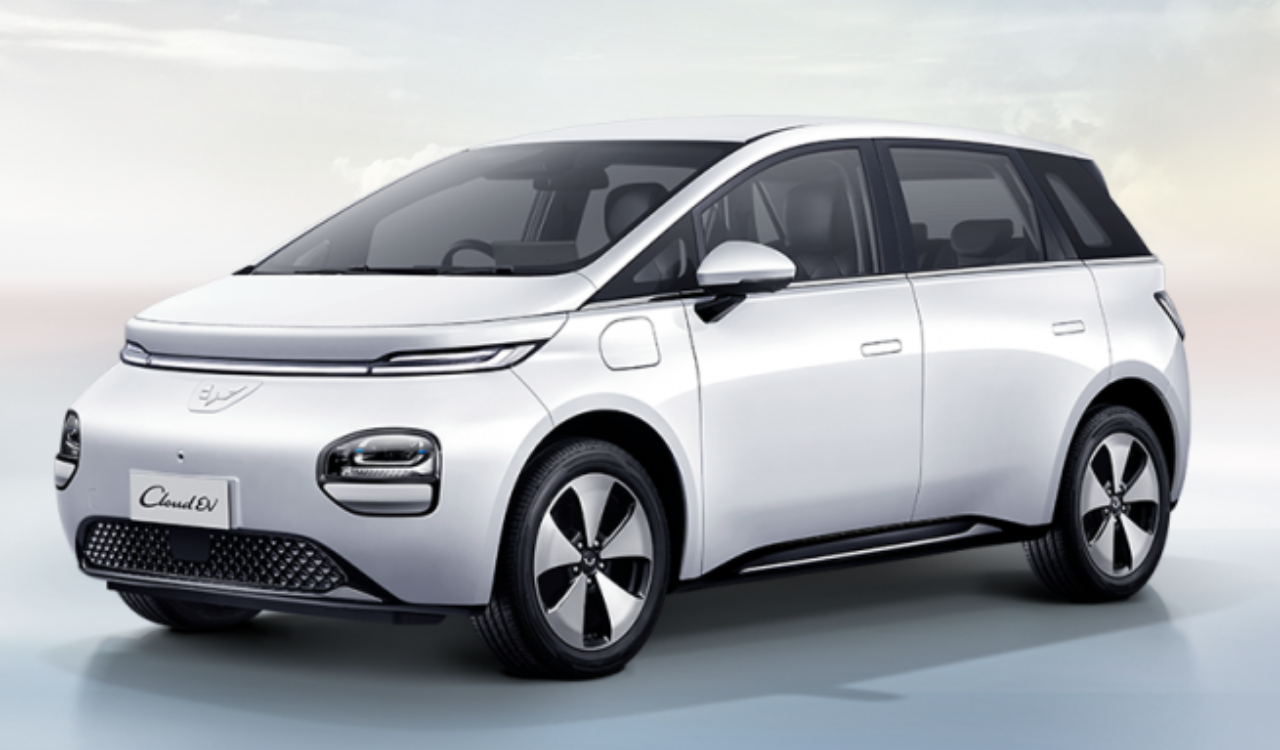
Cars buyers will buy if they are found to be needed. Is that true? People buy cars when they need or don’t care about the appearance or types or features of a car. So the answer is here. Now the generation wants that car in which they found all the qualities at a very cheap price and will drive a long-term relationship with them. So today in this article you will get some important points about which car you must buy so it will give you a long-term drive with you.
Electric car V/s Diesel car
As you will soon find out, this question is not as simple to answer as it might seem on the surface. While you are likely to have an opinion on the matter, the truth is more nuanced than it might initially seem. Diesel versus EV, the battle! Which of these two vehicle propulsion types is better than the other?
Electric car
According to the name of the car called an electric car, it’s very obvious that the car is completely electric and not even this the case is has so many electric features which could help the buyers to save time and improve their lifestyle as well so talk about the functions here. Electric cars are pretty comfortable as well as economical and exciting. The electric motor is smaller than an internal combustion engine translating into roomy interiors and a peaceful drive. Torque, or pulling power, is instantly available, top speeds exceed legal limits and there are no gears to grind.
Diesel car
The usage of expensive filters in BS-VI-compliant diesel engines and the huge money input by the companies will result in Diesel cars getting a lot pricier, which will, eventually, lead to a steep drop in their demand. In order to curb the tailpipe emissions, India will adopt BS-VI emission norms in April 2020. Except for this, we will also differentiate with the other points such as: Running Cost. Eco-friendly. Efficiency. Cost of cars Electric v/s Diesel.
1. Running costs
Well if we talk about the diesel car cost it will have a minimum cost of 8-12 rs per km and will also not give you surety that the same price fule is enough for the same km. On the other hand, the electric car will cost 1.5 to 3 Rs per km, and If you factor that into the long-term, say 8-10 years, the total you would end up spending on battery charging would barely be over Rs 1.5 lakh due to the low electricity prices. For example, the average model with a 200-mile range costs around £8 to charge at home, or about £6.50p at a rapid charger for 100 miles charge. The United States will charge $o.4508 per mile, the United Kingdom charges $1002 on petrol, $1075 and $883 per month for EVs onward.
2. Eco friendly
If we talk about pollution like noise pollution, Air pollution, and some extraordinary smoke of diesel so in this case, electric cars are the clear winner. Unlike traditional motor vehicles, electric vehicles do not run on diesel or gasoline. Electric vehicles, therefore, do not emit air pollutants and we can save our environment, decrease global warming and put efforts into saving wildlife because in comparison to 2010 global warming has increased 30%more. So, in short, we can say electric cars are a very ideal way to protect our environment from pollution. According to the latest figures from the European Environment Agency, the average CO2 emissions of a diesel car is 121.5g/km, nearly one and a half times more than the EU’s 2020-21 target of 95g/km for all new cars.

3. Efficiency
Well according to the survey of 2015 to 2021 we can say that diesel cars are affordable the most but there are absences of such advanced features that electric cars do have. Such as a music system, unlimited air conditioner, smooth boosting of seats and seat belt alert system, and the safety of the front drivers and side seater. Here we must say that Diesel cars are Affordable and effective to use but in the future, there is no future for such diesel cars, and their less hope to see the latest and new features of the diesel car.
4. Cost of cars Electric v/s Diesel
The big advantage to going electric is running costs - EVs are more affordable to run due to lower prices for electricity. In fact, diesel is one of the most expensive fuel types on the market. On average, it costs roughly £8.00 to charge a standard 200-miler plug-in at home, even less at a rapid charger, where you can top-up 100 miles of charge for around £6.50. Filling a 50-litre diesel tank costs close to £60.00, whereas you could get a similar mileage with an EV for just £25.00. Below let's check the pros and cons of electric cars.
Pros
-Zero emissions.
-Lower lifetime cost than diesel or gasoline.
-Little noise pollution.
-Instant acceleration.
-Government incentives and tax breaks applicable.
-Lower maintenance costs.
Cons
-Higher purchase price.
-Limited range on a single charge.

.png)
.png)
